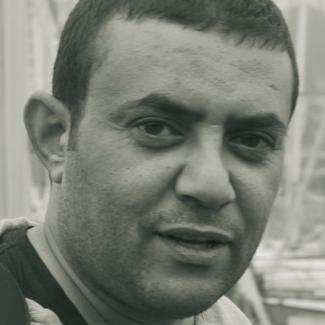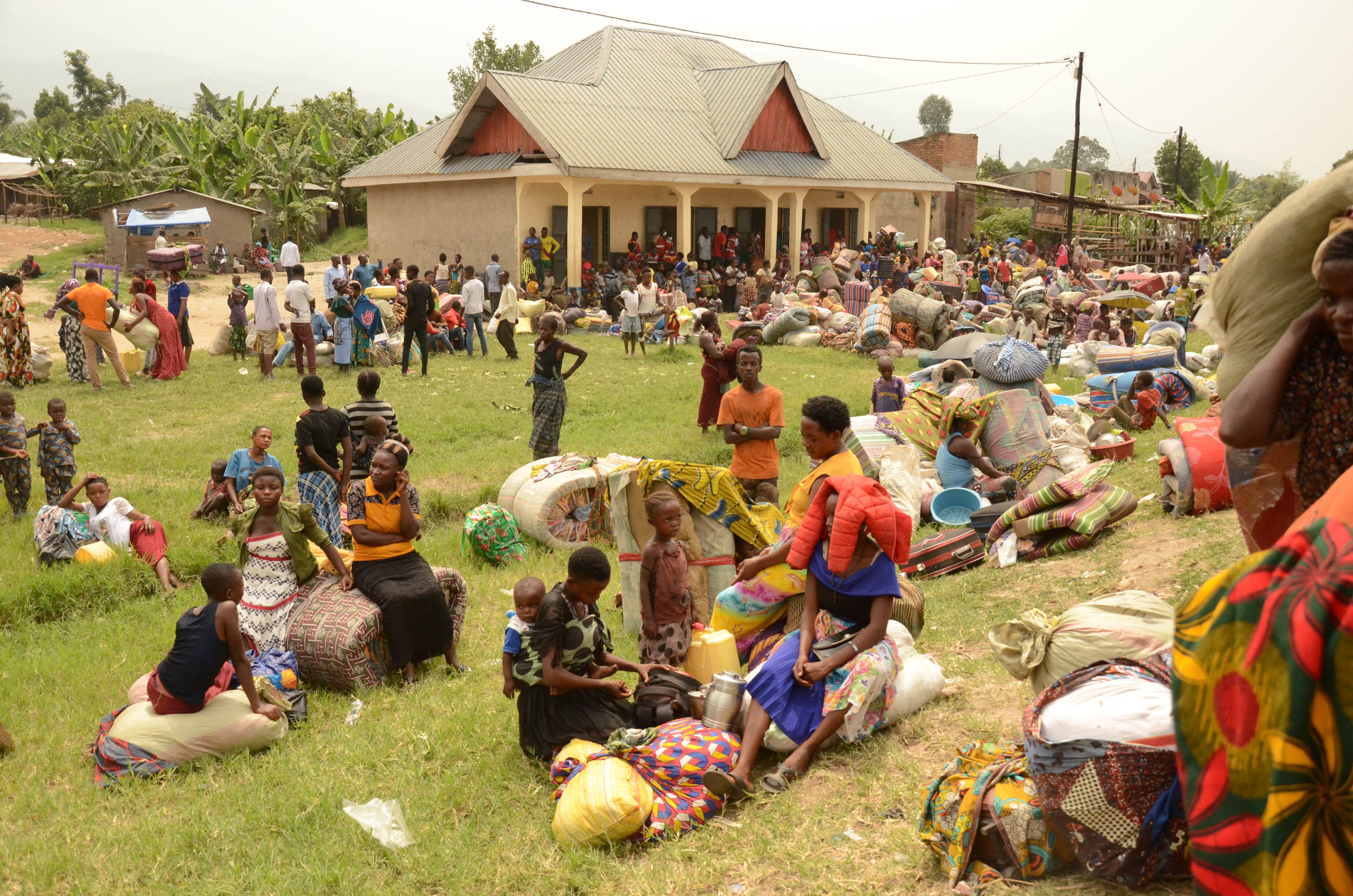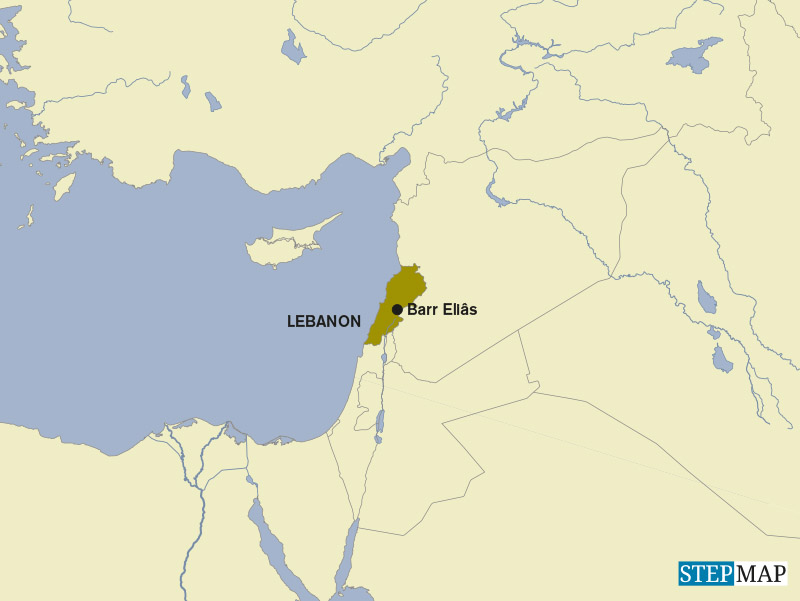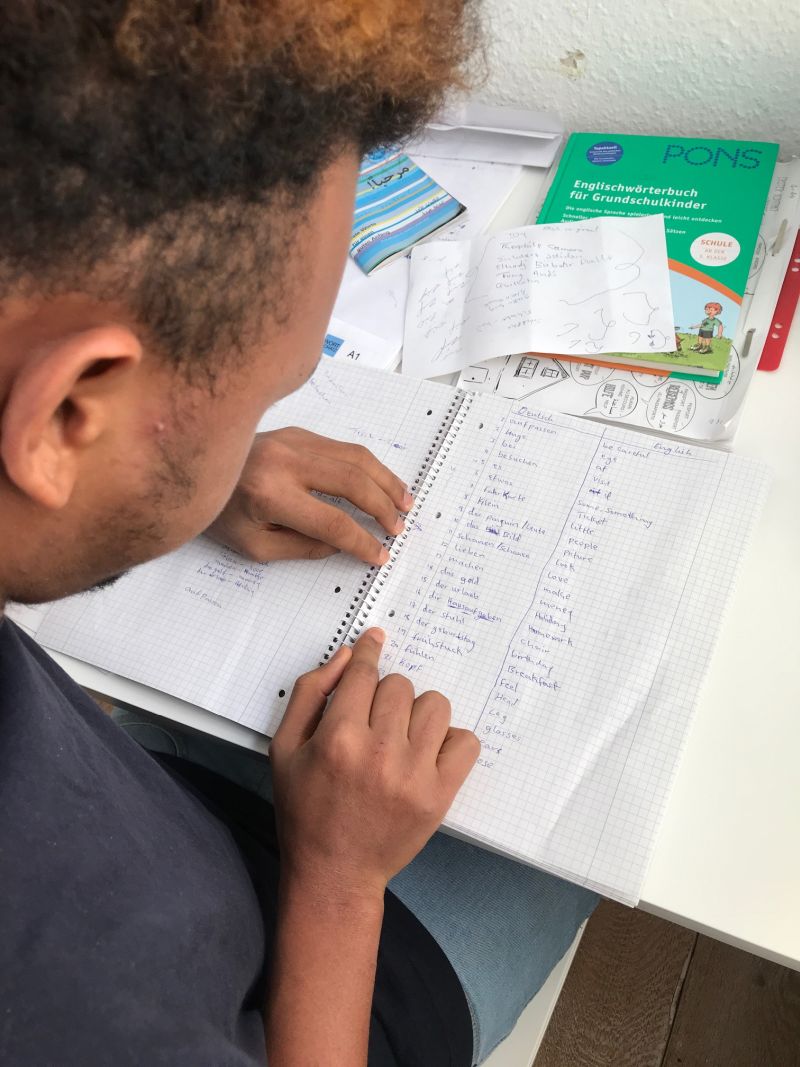Migration
A long trip from Kumasi to Tripoli
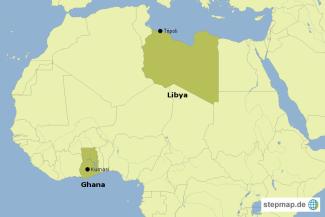
There are no reliable figures of refugees and temporary migrants in Libya. Fabrice Leggeri, the head of Frontex, the EU agency for border management, estimates that between 500,000 and 1 million migrants will leave Libya this year. Many of them gather in Tripoli, Libya’s capital.
Not all of them are planning to leave for Europe though. Ibrahim, 29 years old, is one who stays. He comes from Kumasi in Ghana. His father died when he was young, and his mother, a farmer, raised him and his three sisters on her own. At home, Ibrahim used to work in a gold mine. “It was a dangerous job with a very low pay,” he says. Two years ago, he decided to take the risk to reach Libya, looking for a better job in order to assist his family financially.
Ibrahim started his long trip by taking a bus to Agadez, a city in northern Niger, on a four days’ ride. The first destination for all migrants gathering in Agadez is Qatroon near the border between Libya and Nigeria. This small transit town is controlled by gangs involved in human trafficking.
The trip from Agadez to Qatroon lasted one week. 35 people were squeezed into a pickup truck, Ibrahim recounts. “Each one of us brought a stick to use as a chair,” he says. “We just stood on the pickup truck, shoulder to shoulder, sitting on a stick, riding like this for seven days.” Overloaded with passengers, the truck reeled in the dunes of the desert. “Some passengers were very weak due to shortage of water,” Ibrahim says, “but fortunately no one died.”
His next destination was Sebha, a city in southern Libya. There he was caught by a gang specialised in kidnapping migrants and releasing them only after a ransom has been paid. These gangs, usually comprised of African and Libyan militiamen, ask their hostage to call his family, who then has to come up with the money. In Ibrahim’s case, the ransom amount was just two hundred euros, but Ibrahim needed to wait for two months to be freed. “I made a number of phone calls to my family in Ghana. Finally they found someone they knew in Tripoli who managed to deliver the ransom to my prison in Sebha,” Ibrahim relates.
Reaching his final destination Tripoli from Sebha was comparatively easy. “I was hidden with some others in a large trunk carrying vegetables, reaching Tripoli after almost ten hours drive,” Ibrahim says with a smile.
The young man now works on a construction site in Tripoli and is happy with this. “I am working hard here and earning money. But all my dreams take me home to Kumasi – sooner or later I will launch my own project at home.”
Moutaz Ali is a journalist and lives in Tripoli, Libya.
muttazmathi@yahoo.com
